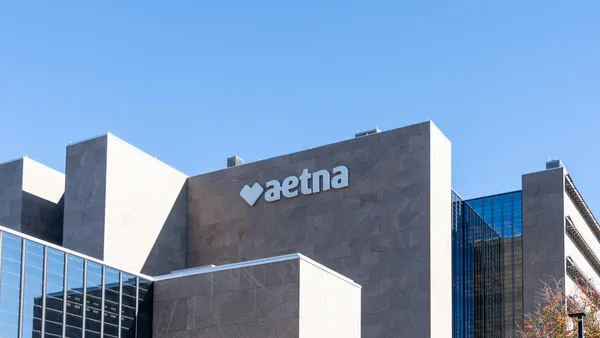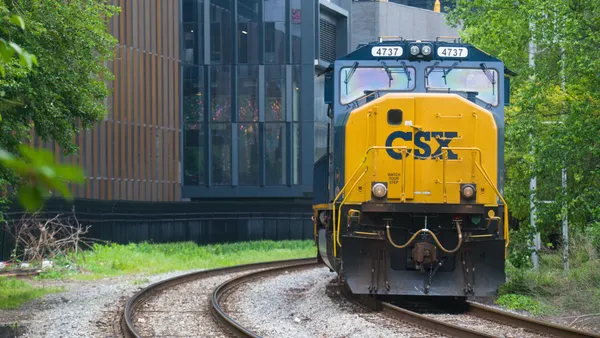Dive Brief:
- Qdoba has been fined $409,400 by the Massachusetts attorney general (AG) for child labor violations at 22 Bay State locations; the penalties are the largest child labor citations in the history of the AG's office, a press release from the office noted.
- The AG's office received a complaint from a minor employee in March 2018 alleging that she had worked late. Further investigation of Qdoba and its records revealed that "minors routinely worked in violation of the law," according to the release — and these violations racked up into the thousands.
- Violations included minors working more than 11 hours in a single shift, minors working more than 48 hours per week, minors working later than 10:30 p.m. on a school night and failure to obtain work permits for minor employees. Penalties are $250 for each violation, which is the maximum penalty allowed for first-time violators of the Massachusetts child labor statute.
Dive Insight:
The federal child labor laws are authorized by the Fair Labor Standards Act (FLSA) and enforced by the U.S. Department of Labor (DOL). They were enacted to ensure that workers under the age of 18 are safe on the job and that their health, well-being, and educational opportunities are not jeopardized.
There are different rules for different industries, and also different rules for agricultural and non-agricultural employment. Each state also has its own rules for the employment of minors. Children of any age are generally permitted to work for businesses entirely owned by their parents, but those under age 16 cannot be employed in mining or manufacturing, and no one under 18 can work in any occupation the Secretary of Labor has declared to be hazardous.
Sixteen- and 17-year-olds may be employed for unlimited hours in any non-hazardous job. Fifteen- and 14-year-olds may be employed outside school hours in a variety of non-manufacturing and non-hazardous jobs for limited periods of time and under specified conditions.
Kids under 14 years of age may not be employed in non-agricultural occupations covered by the FLSA. Permissible employment for such children is limited to work that is exempt from the FLSA (such as delivering newspapers or acting).
According to DOL, employers should be aware that the federal child labor rules do not:
- Require minors to obtain "working papers" or "work permits" (some states do).
- Restrict the number of hours or times of day that workers ages 16 and older may be employed (some states do).
- Apply where no FLSA employment relationship exists.
- Regulate or require breaks, meal periods or fringe benefits.
- Regulate discrimination, harassment, verbal or physical abuse or morality (other federal and some state laws do).












